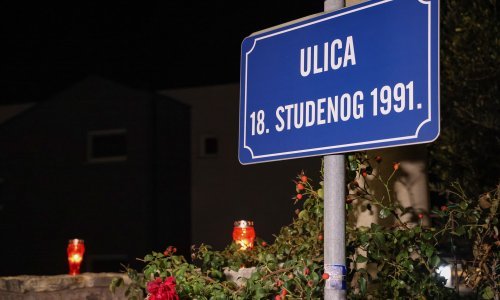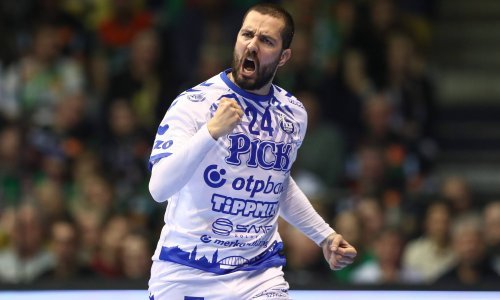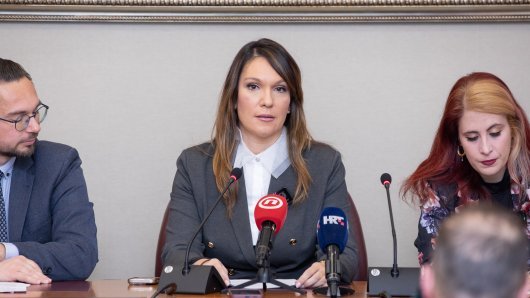Serbia wants to speed up its bid to join the European Union after the arrest of Ratko Mladic, focus on arresting the last war crime fugitive, Goran Hadzic, and step up the fight against crime and corruption, President Boris Tadic told Reuters on Friday.
"After Mladic's arrest I am convinced we will resolve the case of Goran Hadzic ... but also we will be able to shift more of our assets from war crime and war criminals to organised crime," he said.
Tadic declined to elaborate on the details of Mladic's arrest. "The probability of this was very high and it finally happened," he said.
"We want to get rid of ballast of the past, of the demons of the past," Tadic said. Mladic's arrest "is the precondition for true and sincere reconciliation in the region."
Bosnian Serb wartime military leadership Mladic, sought for genocide and war crimes during the 1992-1995 Bosnia War, was arrested in Serbia on Thursday after 16 years on the run and is expecting extradition to the UN war crimes court in The Hague.
Hadzic, the wartime political leader of rebel Serbs in Croatia, is sought for war crimes, crimes against humanity and violations of the laws and customs of war during the 1991-1995 war and remains a fugitive.
Despite Mladic's arrest, Serbia and other western Balkan countries still have to complete democratic, judicial and economic reforms before they can join the EU, Reuters said.
"We all must fulfill all criteria. We must not bring in old conflicts, misunderstandings, corrupt societies," Tadic said. "Accession of the entire region is crucial. It is extremely important for Croatia to complete its accession talks. With that it will create a chance for Serbia and Montenegro to follow immediately afterwards," Tadic added.



































